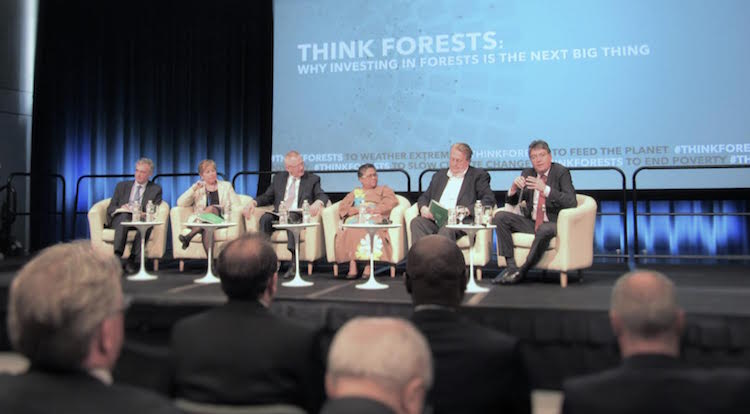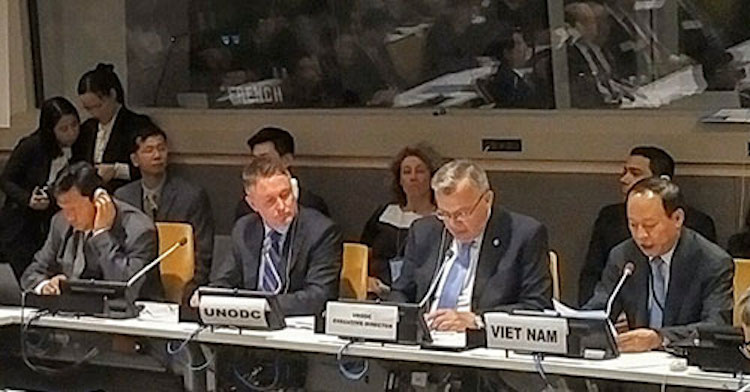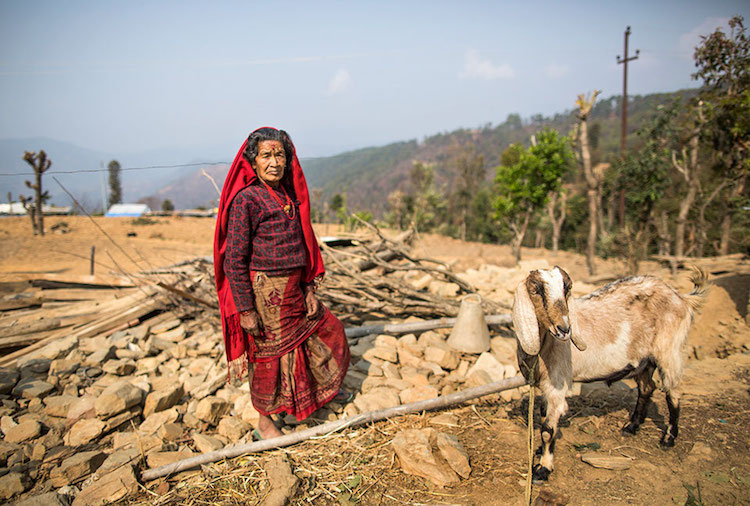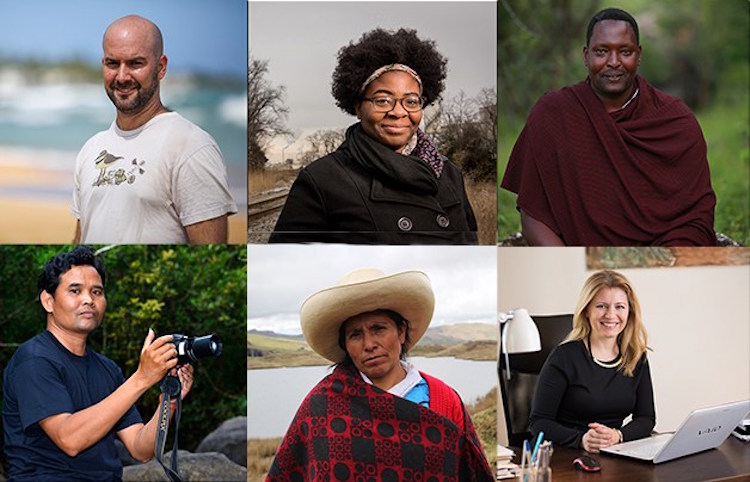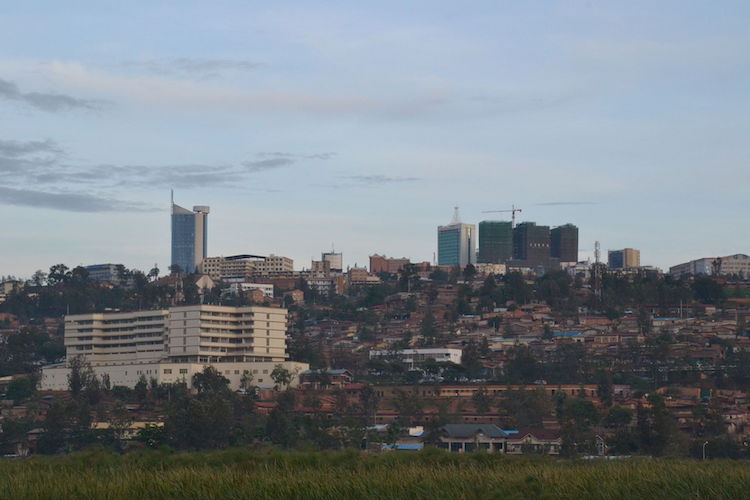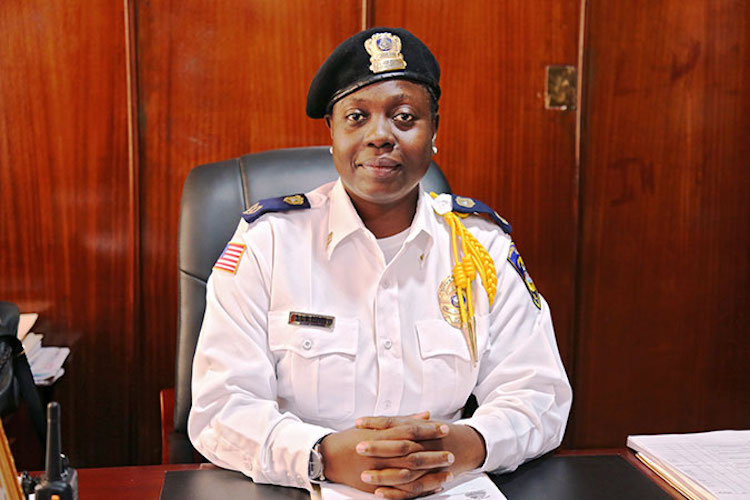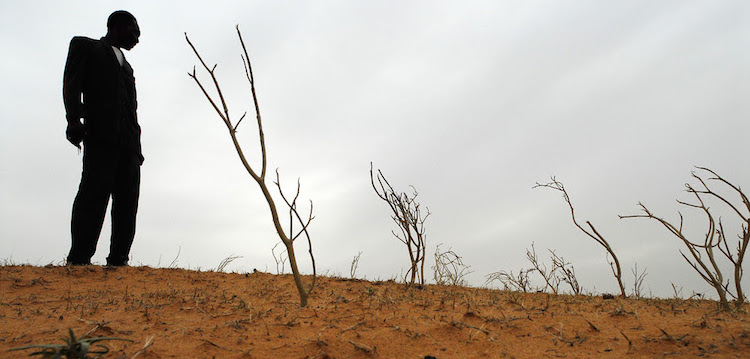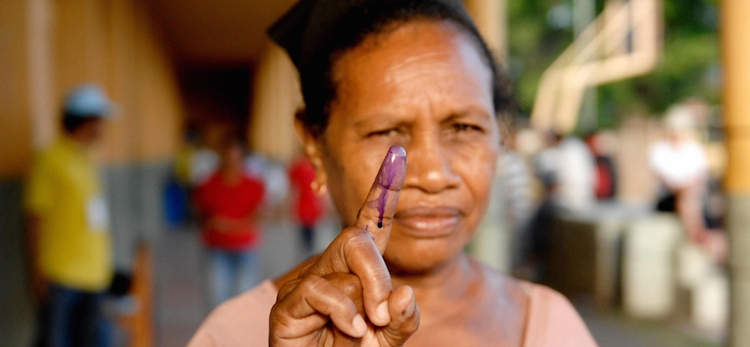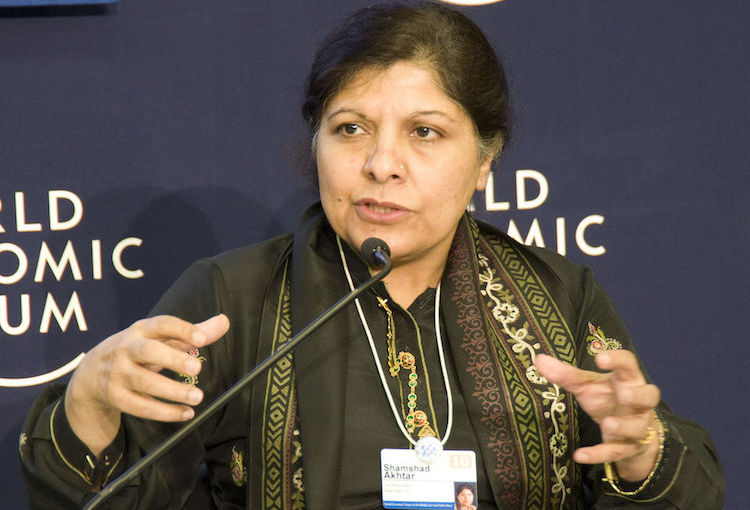
ESCAP Supports Plan to Finance 2030 Development Agenda
By International Press Syndicate
NEW YORK (IDN) – Asia-Pacific countries have reaffirmed the importance of a regional action-oriented follow-up plan for financing the 2030 Agenda on Sustainable Development at a high-level event organized by the United Nations Economic and Social Commission for Asia and the Pacific (ESCAP).
The event was co-organised with the Ministry of Foreign Affairs of the Government of the Republic of Korea on the sidelines of the ECOSOC Forum on Financing for Development from April 18 to 20 in New York.
It provided a platform for discussion on innovative financing source modalities and priorities in Asia and the Pacific for implementation of the 2030 Agenda. It also considered key regional issues with special reference to the least developed countries, landlocked developed countries, and Small Island Developing States (SIDS).…




